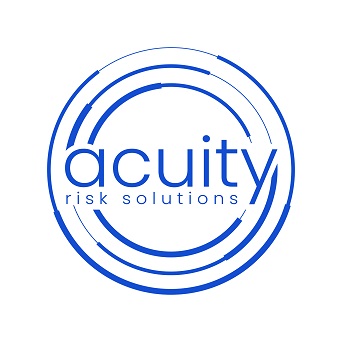Businesses keen to invest in insurance as part of their risk management approach may notice insurers are pickier about offering cover and premiums are rising.
That’s because we’re now in a hard market. When that happens, it means that the cost of insurance is higher and insurers tend to focus on the better managed risks.
What does a hard (insurance) market mean for you?
A hard market is much like you’ll find in the property market when sellers have the advantage. A hard market in insurance means insurers can afford to demand higher premiums, narrow their policy wordings and say ‘no’ to high-risk businesses.
Impacts of inflation
Inflation occurs as prices rise over time. The key indicator – the consumer price index – is sitting at an annual rate of 7% as of late April. Higher inflation means the cost of living and doing business rise. For eg, when raw materials, and labour costs rise, insurance payouts to repair or replace your insured assets must also increase.
Other factors (like fraudulent claims)
According to sources, business insurance premiums can also be affected by economic uncertainty, increased costs of supplies, greater frequency of natural disasters, crime and fraudulent claims.
What action is the Insurance Council taking?
The Insurance Council of Australia (ICA) is keen to make premiums more affordable. In its Building a More Resilient Australia report, it called for the Federal funding to be doubled to $200 million annually for household retrofits and community protection projects, improved land use planning to prevent development in vulnerable areas, and the removal of state taxes and charges on insurance, which inflate premiums.
Options: Are you risk averse?
Despite the hard market, you have options to find appropriate cover that suits your budget. A simple approach would be to reduce coverage, increase your excess or even try to self-insure, but there are smarter ways.
If you would like to know more about the hard insurance market, please CLICK HERE, or contact us for more information.

